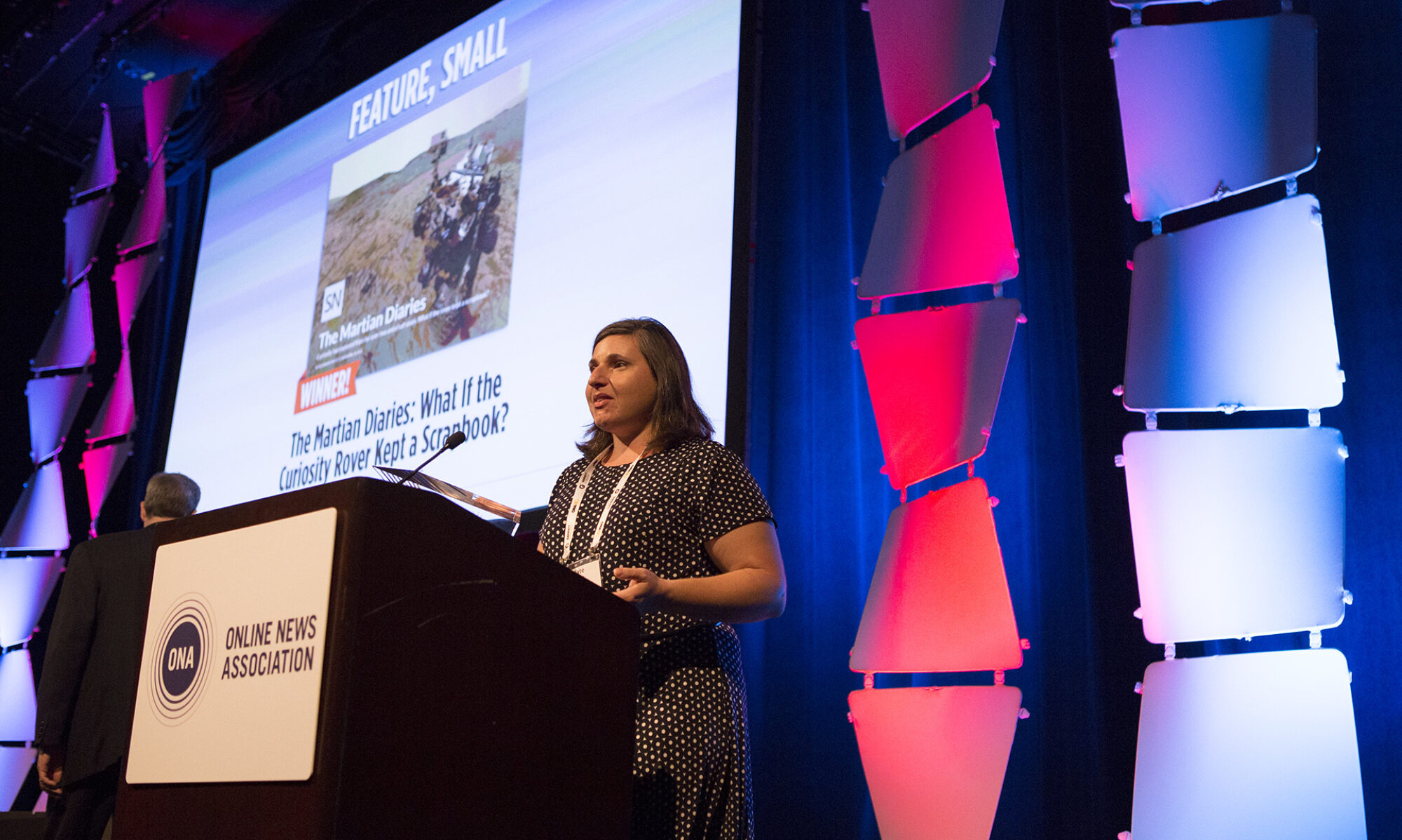Rutgers: B.A. in Science Communication, Science Outreach (Minor)
"Courses and programs in science communication can be found across Rutgers’ five campuses with more than 150 majors. For undergraduates, Rutgers also offers minors in Science Communication and Science Outreach, which can be used to complement a major focus and help prepare students to be strong communicators in their chosen field or career."
